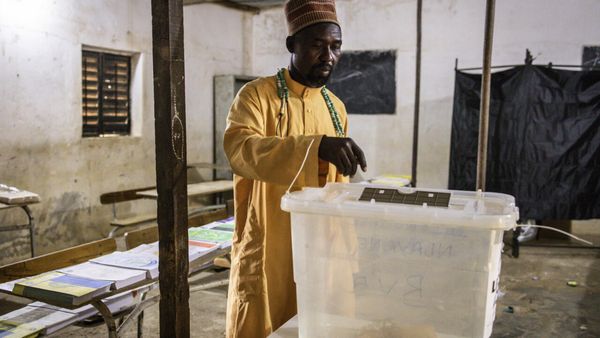A LEADING Scottish economist has described Jeremy Hunt’s promise of a “Brexit pub guarantee” as “difficult to tolerate” as business experts forecast a gloomy future for the drinks sector.
A panel of experts from Scotland’s business community on Thursday morning dissected the Chancellor’s announcement the previous day – painting a grim picture for enterprise with warnings on productivity and the rising tax burden.
Emma Congreve, deputy director at the Fraser of Allander Institute, said the drinks industry was facing major pressures as Hunt announced rising duties on alcohol – despite heralding relief in the form of his “Brexit pubs guarantee”.
She also raised fears the Scottish Government’s mooted booze advertising ban and Deposit Return Scheme could hammer the industry further.
Hunt told MPs yesterday that “British ale is warm but the duty on a pint is frozen” – but the drinks sector has warned that stasis on draught duty still meant soaring costs for other drinks, including wine and spirits.
The Chancellor’s measure is intended to help pubs struggling to recover from lockdown – but taxes on alcohol sold in shops and in pubs, including bottled beer are still set to rise by 10.1% - using an index linked to the current rate of inflation.
This comes on top of another tax increase for booze, linking the duty to the alcohol content, which is due to be introduced in August.
The Scotch Whisky Association said that 75% of the cost of the average-price bottle of whisky would go straight to the Treasury.
Congreve said the sector wanted “certainty”, adding: “They don’t want an over 10% rise in duty that seems to have been made okay by the draught exemption which again… the devil is in the detail.
“The ‘Brexit pubs guarantee’? Wrapping these things up in these banners is really difficult to tolerate."
Turning her focus to the Scottish Government’s plans for the drinks industry, she said the hospitality felt “no-one’s really listening to their concerns” – highlighting small producers’ concerns about the costs of the Deposit Return Scheme.
Host Brian Taylor, formerly of the BBC, said he felt the scheme was unlikely to exist in its planned form by the time it is introduced – if it remains at all.
He noted all SNP leadership candidates had pledged to either pause or reform the scheme if elected first minister.
Malcolm Cannon, the general manager of the Glasgow Distillery Company, said the rise in duties, on top of an increase in grain prices and energy bills “going through the roof” meant businesses in his sector were prevented from “investing in the future”.
He compared the situation to the 2008 recession – though it was confirmed on Wednesday the UK would dodge a recession this year – saying businesses were faced with “the inability, that lack of confidence in the future to be able to invest”.







